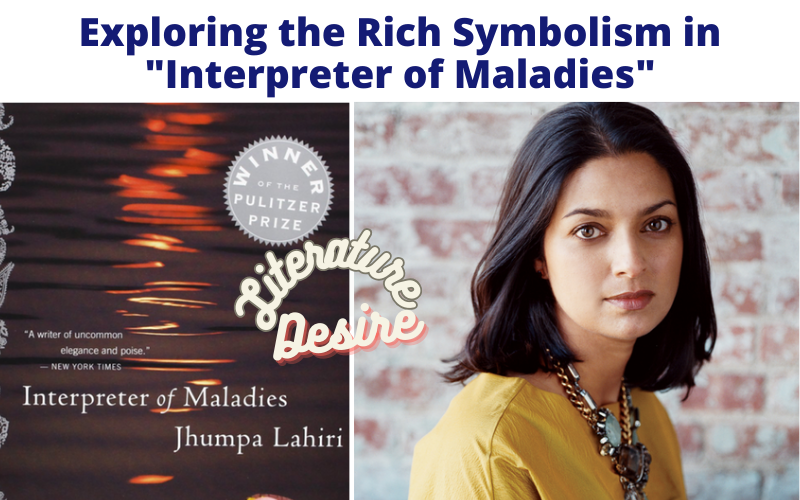“In Other Rooms, Other Wonders” by Daniyal Mueenuddin is a collection of interconnected short stories that explores various themes related to Pakistani society.
Through vivid and insightful storytelling, Mueenuddin delves into the complexities of social class, power dynamics, human relationships, and the pursuit of personal aspirations.
The collection provides a nuanced portrayal of Pakistani culture, shedding light on the challenges, desires, and compromises faced by individuals from different walks of life. This analysis will examine eight major themes present in the stories, offering a comprehensive exploration of the book.
Major Themes in In Other Rooms, Other Wonders by Daniyal Mueenuddin
Social Class and Inequality:
One of the central themes in “In Other Rooms, Other Wonders” is social class and the stark inequalities that exist within Pakistani society. The stories depict the stark divide between wealthy landowners and impoverished peasants, highlighting the vast disparities in wealth, power, and opportunities.
Mueenuddin portrays the complexities of social mobility, the exploitation of the lower classes, and the limited possibilities for upward mobility.
Power and Influence:
The theme of power and influence is intricately woven throughout the collection. The stories feature characters that hold positions of authority, such as feudal landlords, politicians, and influential figures.
Mueenuddin explores the ways in which power is exercised, abused, and contested within familial, social, and economic contexts. The dynamics of power shape the relationships between characters, influencing their choices and actions.
Tradition and Modernity:
Mueenuddin examines the tension between tradition and modernity in Pakistani society. The stories portray characters that grapple with the changing times, balancing traditional values and customs with the pressures of modernization.
The clash between old and new creates conflicts and challenges, forcing individuals to confront the complexities of cultural identity and societal expectations.
Gender Roles and Expectations:
The collection delves into the themes of gender roles and expectations within Pakistani society. Mueenuddin explores the challenges faced by women, the restrictions placed upon them, and the limited agency they have in shaping their own lives.
The stories depict the struggles of female characters who must navigate societal norms and expectations while seeking fulfillment and autonomy.
Love, Desire, and Relationships:
Love, desire, and relationships form a significant theme in “In Other Rooms, Other Wonders.” Mueenuddin portrays the complexities of romantic relationships, often marked by power imbalances, social expectations, and unfulfilled desires.
The stories depict both passionate and illicit affairs, examining the consequences of these relationships on the individuals involved and their broader social networks.
Identity and Belonging:
Identity and belonging are recurring themes in the collection. Mueenuddin explores the complexities of individual and cultural identity, particularly for characters who straddle different social classes or cultural backgrounds.
The stories highlight the challenges of finding a sense of belonging and the tensions that arise from being caught between multiple worlds.
Corruption and Moral Dilemmas:
Corruption and moral dilemmas are prevalent themes in “In Other Rooms, Other Wonders.” Mueenuddin presents characters who must navigate ethically challenging situations, often driven by personal gain, survival, or societal pressures.
The stories explore the compromises individuals make and the moral consequences of their choices.
Fate, Destiny, and Circumstance:
The collection contemplates the role of fate, destiny, and circumstance in shaping the lives of its characters. Mueenuddin portrays individuals who are subject to the whims of external forces, such as social hierarchies, economic realities, and cultural norms.
The stories reflect on the arbitrary nature of life’s outcomes and the impact of circumstances beyond individual control.
Conclusion:
“In Other Rooms, Other Wonders” by Daniyal Mueenuddin offers a rich tapestry of themes that provide a profound exploration of Pakistani society.
Through its interconnected stories, the collection examines social class, power dynamics, gender roles, tradition versus modernity, love and relationships, identity and belonging, corruption, and the influence of fate and circumstance.
Mueenuddin’s nuanced and evocative storytelling provides readers with a deep understanding of the complexities, challenges, and contradictions that shape the lives of the characters in the book.



